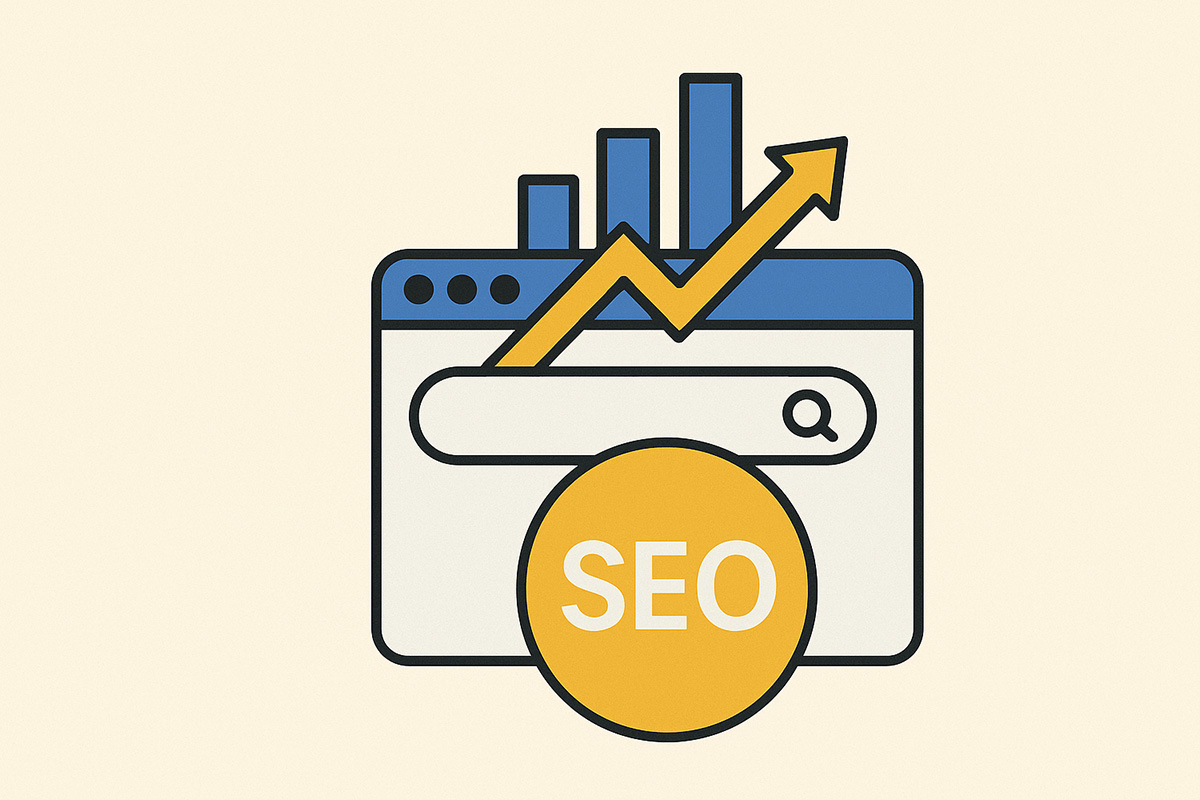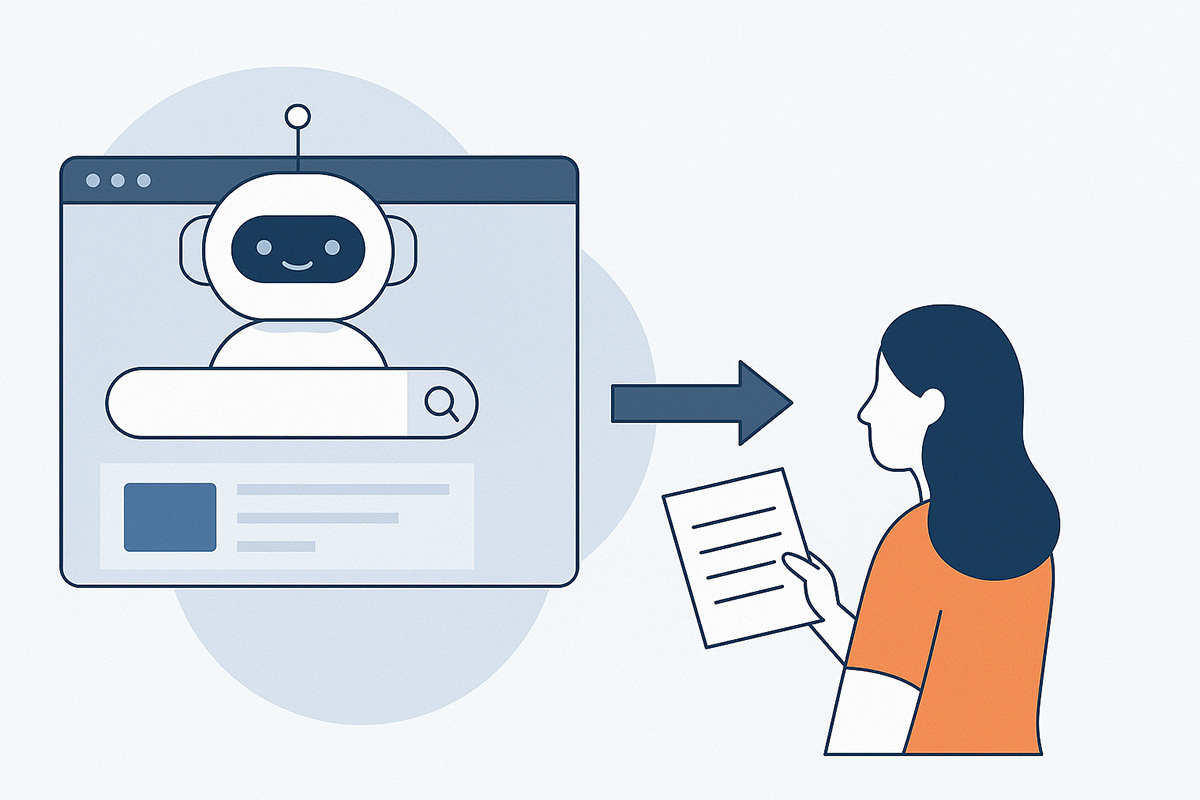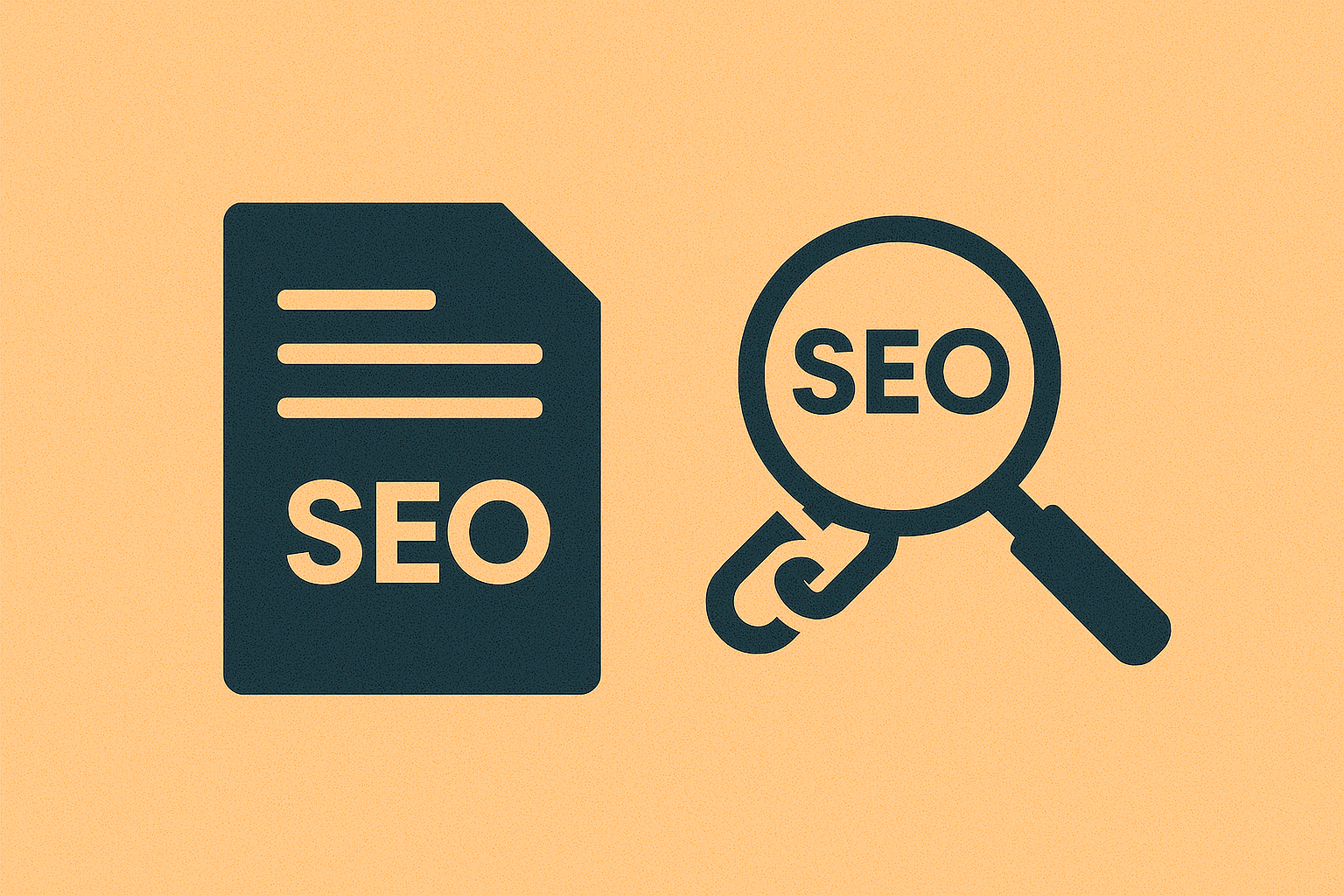Home / Blogs / What is Search Intent and Why is it Crucial for SEO?
What is Search Intent and Why is it Crucial for SEO?
 SEO
SEO
Knowing what search intent is and how to use it in your SEO strategy can take your content to the next level. If you want your website to rank in Google, it is necessary for you to understand the importance of search intent and what it is.
Consider the following example. If you're starving and want to prepare some pasta. You'd look up pasta recipes on Google. And you select the first option, only to find that it is white sauce pasta rather than red. And now you go back and search for white sauce pasta, and you come across the perfect recipe that just takes 10 minutes to prepare. That's exactly what you were looking for!
If a large number of visitors search for "white sauce pasta" and feel exactly the same way, the website's position will rise dramatically. Google does an incredible job at identifying user intent, but you should understand how it works.
Let’s take a look at what search intent technically means.
Search intent, also referred to as searcher intent or user intent, is the “why” of a person’s search engine query. It is the purpose behind a search. Whether the searcher is browsing to make a purchase or for information.
This is relevant for Google as well as other digital marketing platforms that use a search engine, such as YouTube and social media. In all of them, the user enters a term into the search field in order to get answers to their queries.
What are the 4 Types of Search Intent?
In general, types of search intent can be divided into 4 types:
- Informational
In this case, the user is searching to get information and learn more about a topic. This typically starts with what, how, where, why, etc. It could be about the opening of a shop, the price of a car, or simply where you’re attaining information about a subject. - Navigational
The visitor already knows where they want to go but uses the search engine to get there quicker. This occurs, for example, when users input a brand's name to access its website. For example, searching for Facebook. - Transactional
Transactional research is aimed at conversion after the user has already demanded information to meet their requirements. Just as the name suggests, it’s like where to buy a Samsung phone or Netflix subscription. - Commercial
This is similar to transactional keywords. There are several terms having a transactional purpose that does not directly lead to a transaction. Commercial keywords are typically part of the pre-transaction evaluation. These are also among the most profitable keywords.
How to Determine Search Intent?
The easiest method to comprehend search intent is to think about it in the same manner that search engines do, by selecting terms that are relevant to each intent. The first step in identifying search intent is to examine the search engine results pages or SERPs.
Not only will your site rank increase, but you will also most likely notice higher conversion rates, a reduced bounce rate, more page views, and a wider audience reach. The best SEO company will know the latest techniques.
It might be difficult to establish the search purpose of a query at times. And it's possible that various users who use the same search phrase have slightly different user intent.
To determine search intent is by researching SERPs. Enter the keyword you're looking for into Google's search bar and see what comes up. The types of results will most likely indicate what Google considers to be the most relevant search intent for each phrase. Taking this holistic approach can bring you closer to the prominent intent.
Why search intent matters for SEO
Now that you know the theory behind the search intent, you may ask how to translate it into practice. Search intent is significant because Google thinks it is important. Even if you don't understand the nitty gritty of Google's algorithms, optimising your website for search intent is smart practice. You want your visitors to be able to swiftly and easily locate what they are looking for. That is simply excellent customer service.
With a search intent-optimized platform, you can provide your audience precisely what they want, when they want it, without having to dig for information or search for items. It's better for your rankings, and it's also better for potential clients. Importance of search intent can bring better results.
CONCLUSION
Now that you know the theory behind the search intent, you may ask how to translate it into practice. Search intent is significant because Google thinks it is important. Even if you don't understand the nitty gritty of Google's algorithms, optimising your website for search intent is smart practice. You want your visitors to be able to swiftly and easily locate what they are looking for. That is simply excellent customer service.
With a search intent-optimized platform, you can provide your audience precisely what they want, when they want it, without having to dig for information or search for items. It's better for your rankings, and it's also better for potential clients. Importance of search intent can bring better results.

.jpg)
.jpg)








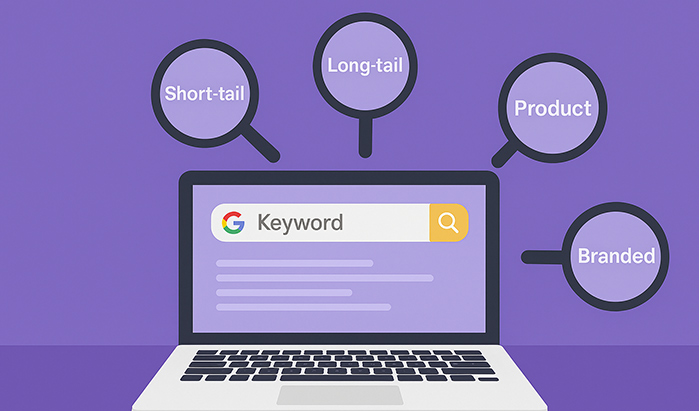


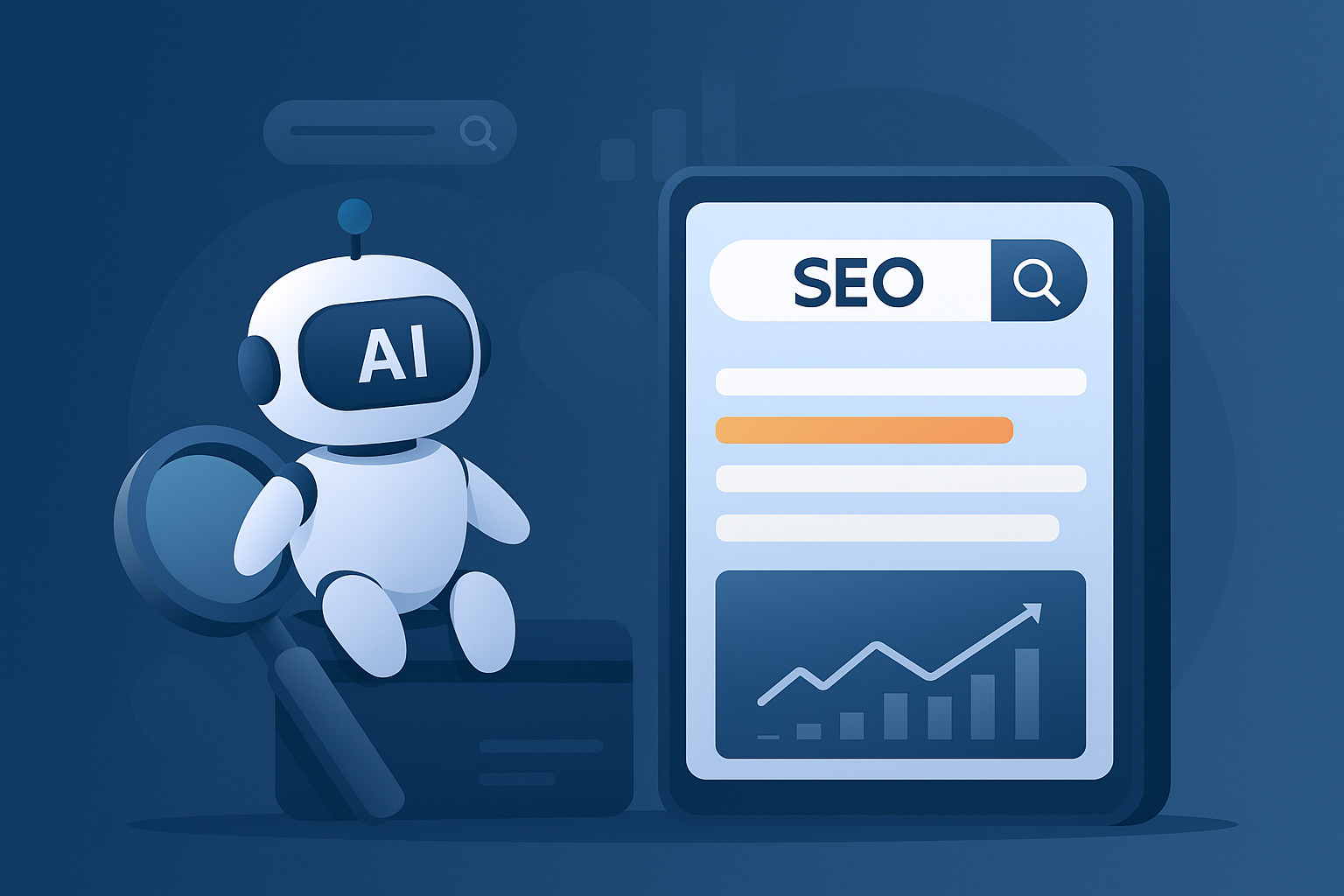





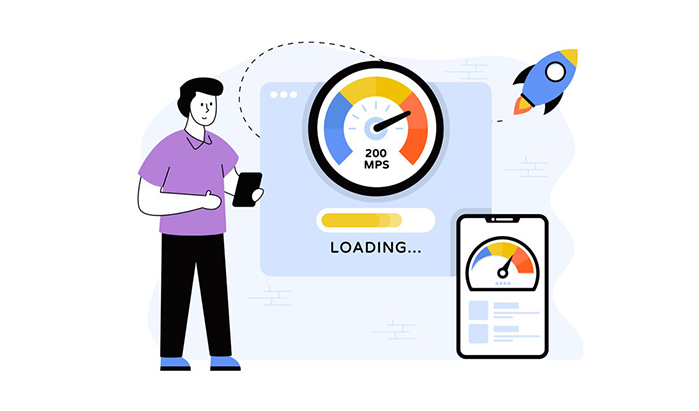



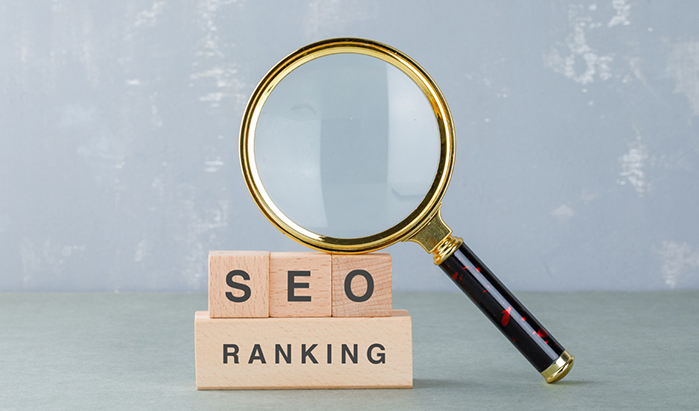





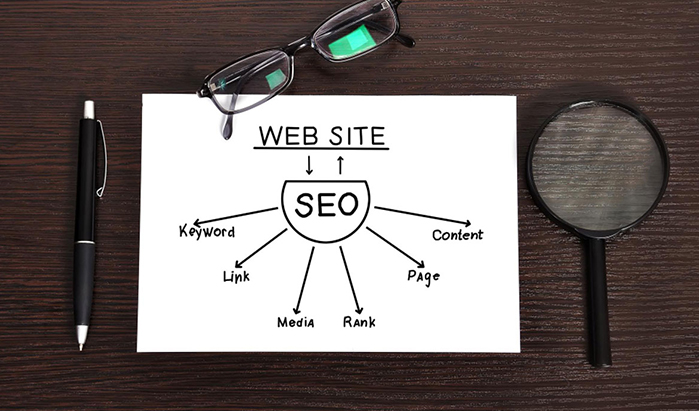






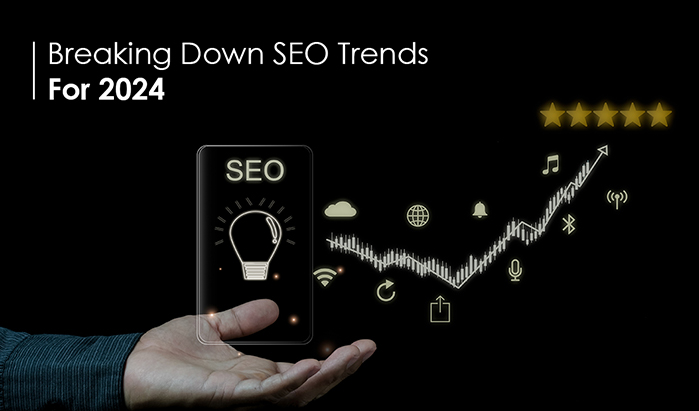




























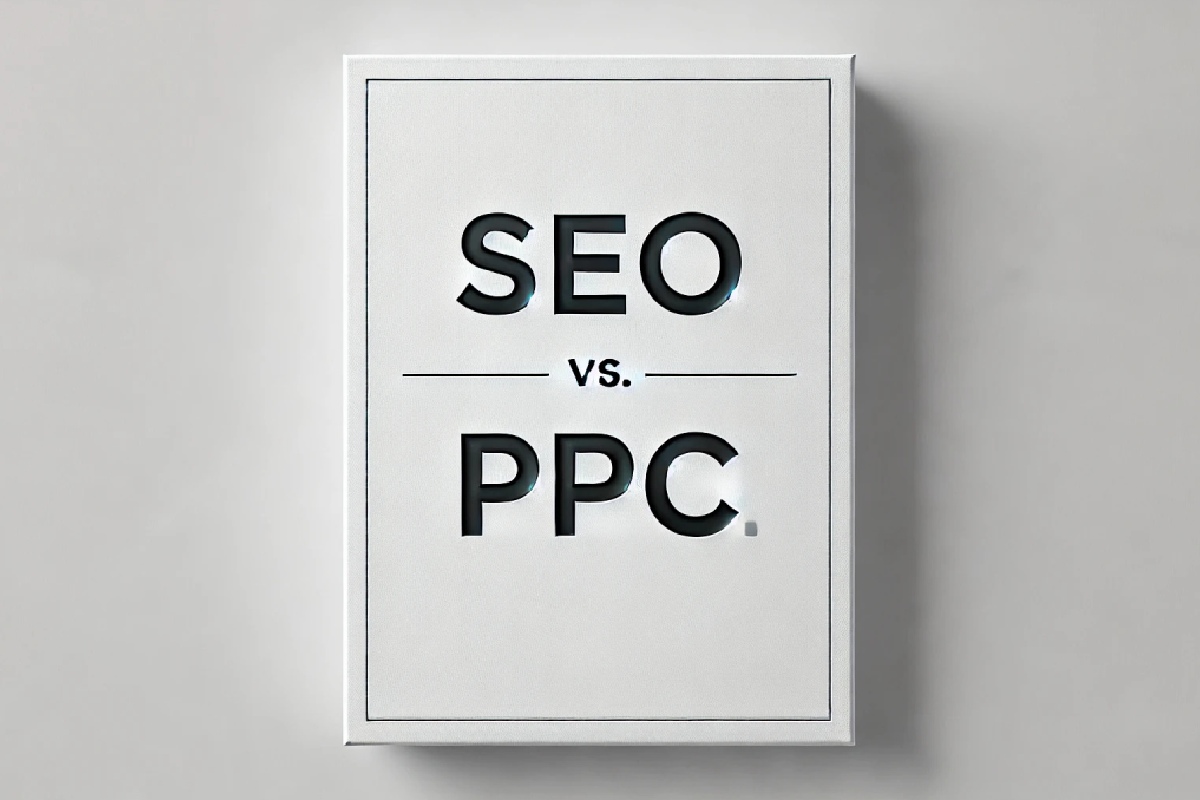







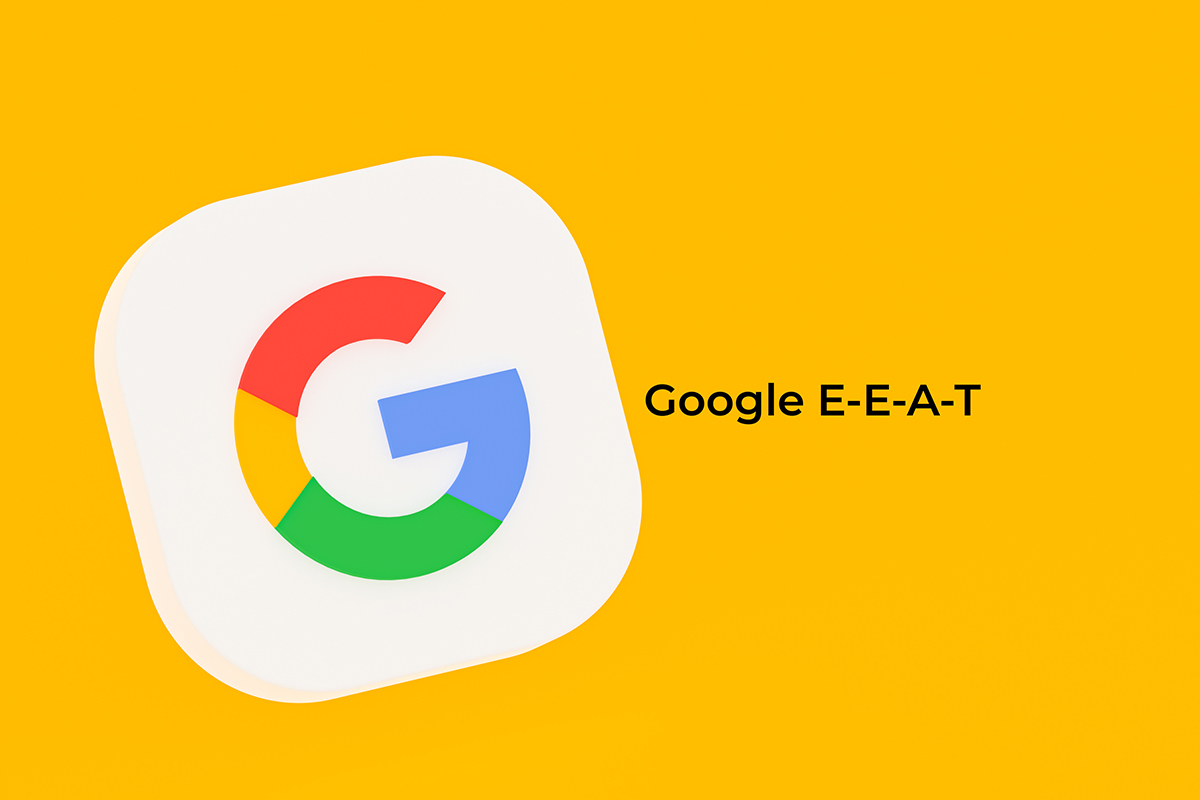

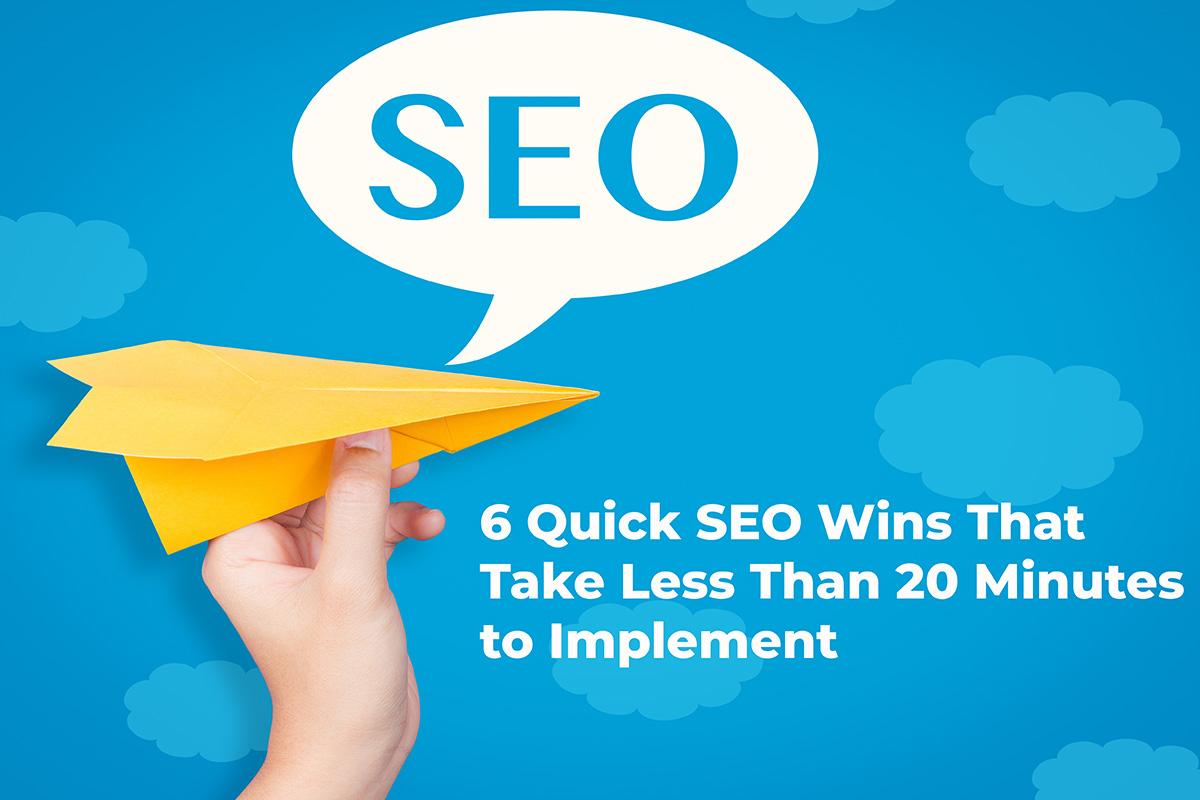












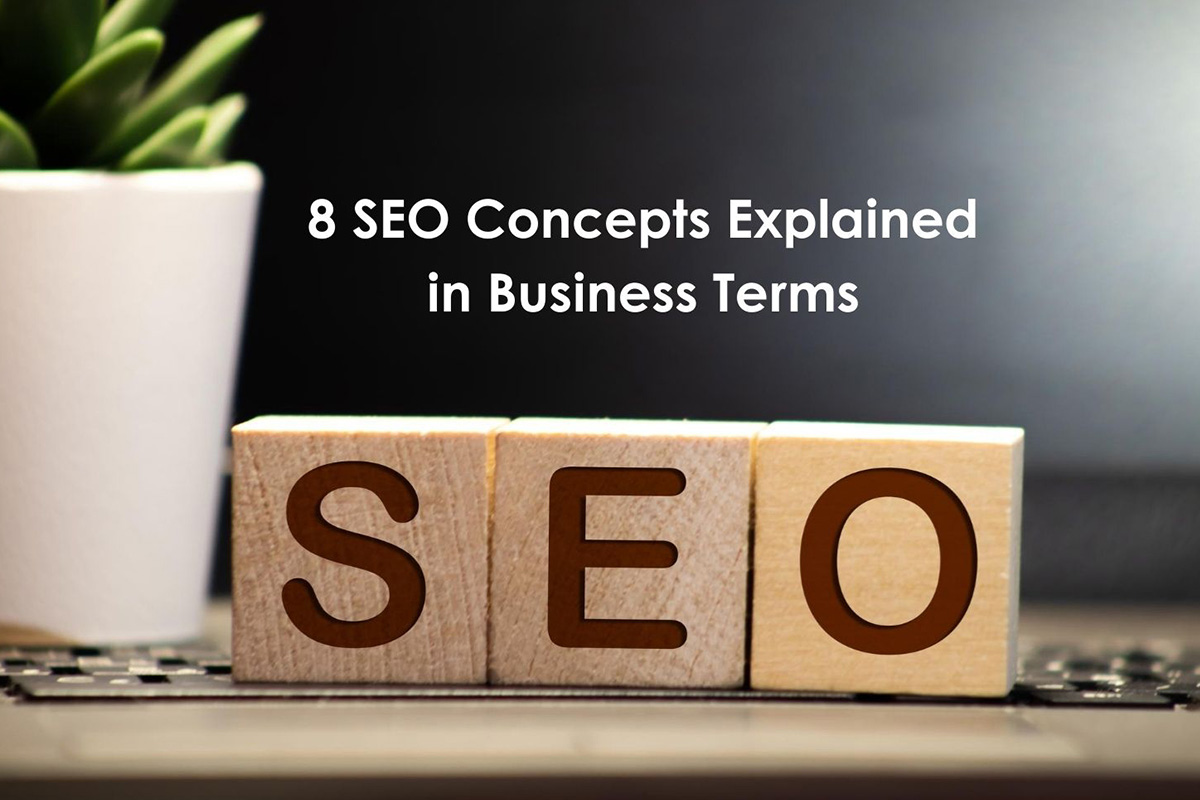



.jpg)
